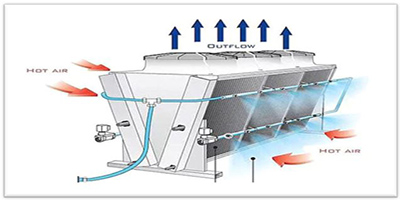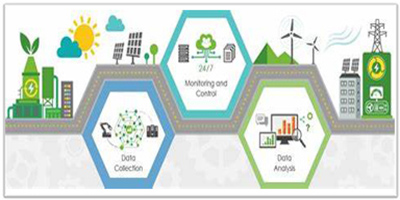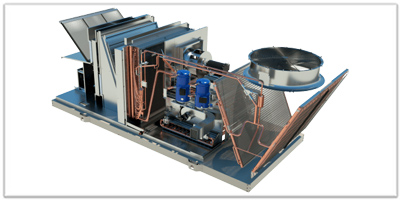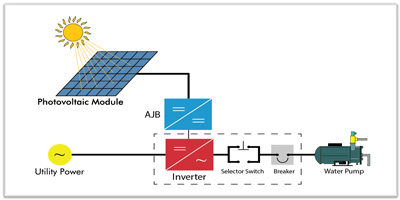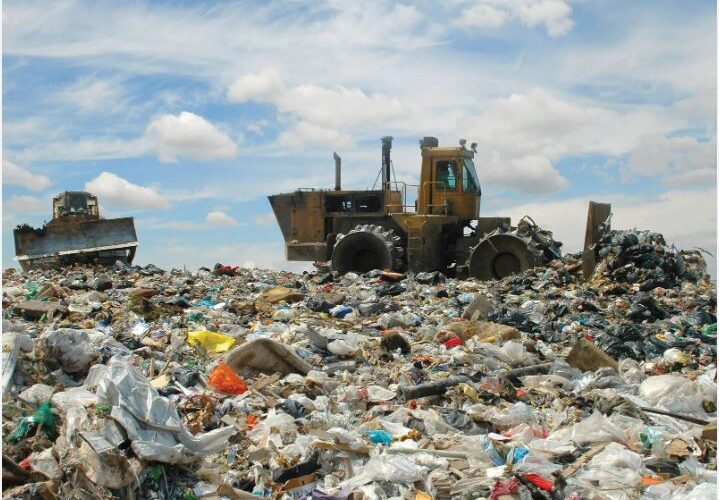Municipal solid waste (MSW) to energy is a process of generating energy in the form of electricity or heat from the incineration of solid waste. The process involves the collection, transportation, and processing of MSW, which typically includes household waste, commercial waste, and construction and demolition debris.
There are several technologies that can be used to convert MSW to energy, including mass burn incineration, refuse-derived fuel (RDF) incineration, and gasification. In mass burn incineration, the waste is burned in a large furnace and the heat is used to generate steam, which is then used to produce electricity in a turbine. In RDF incineration, the waste is processed to remove contaminants and then burned in a furnace to generate energy. Gasification involves the conversion of solid waste into a gas, which can then be burned to produce electricity.
MSW to energy can be a useful way to dispose of waste and generate energy, but it is not without its drawbacks. Incineration can produce air pollution, and the process can be expensive and resource-intensive. Additionally, it is important to consider the environmental impacts of waste transportation and processing. In some cases, it may be more sustainable to focus on waste reduction and recycling, rather than energy generation.

